Politics: A Dirty Game or Hijacked?
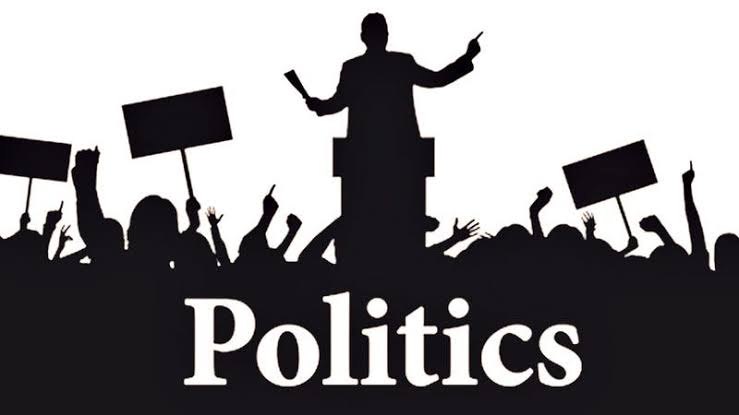
INTRODUCTION: Who Really Made Politics Dirty?
Across Africa, the word "politics" stirs up exhaustion, distrust, and even disgust. Many young people see it as a space reserved for liars, godfathers, and power-hungry opportunists. The ballot feels like a recycled routine different faces, same promises, no change.
This isn’t just a generational cynicism. It’s a consequence of decades of broken systems, violent elections, and elite manipulation. Politics was supposed to be about service, representation, and solutions. Instead, it’s become a performance stage for the few, while the many watch in frustration from the sidelines.
But what if we’ve been looking at it all wrong?
What if politics, by its nature, isn’t dirty, but simply reflects the hands that hold it? What if the real problem isn’t politics itself, but the mass abandonment of political spaces by those with vision, values, and voice.
Is politics truly a dirty game—or has it been hijacked by those who thrive when we stay uninvolved?
DEFINING THE GAME: What Is Politics, Really?
When most people hear the word “politics,” their minds jump to election campaigns, ballot boxes, and shouting matches on TV. But politics is far more than that.
Politics is about power, how it’s acquired, used, and whar we benefit. It’s the system through which decisions are made about who gets what, when, and how. It governs the rules of the game in every society from how taxes are collected, to who controls land, to how budgets are allocated.
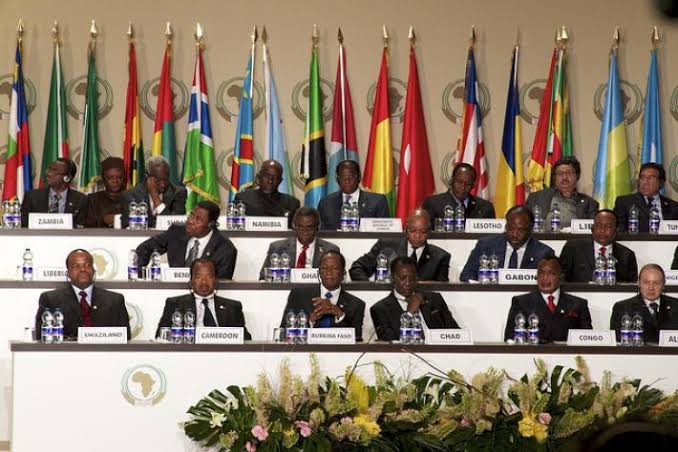
Photo Credit: TheSudanTimes
Politics is the architecture of everyday life, it isn’t inherently dirty—it’s neutral.
It’s a tool. And like any tool, its impact depends on who’s using it and for what purpose. In the hands of the corrupt, it becomes a weapon of greed. But in the hands of the visionary, it can become a tool for transformation.
Until we redefine politics as a necessary force in shaping our lives not a distant or corrupt performance, we’ll keep ceding power to those who know how to play the game, even if they play it dirty.
Who Hijacked The System?
Politics in Africa didn’t start out dirty but somewhere along the line, it was hijacked.
Once rooted in community leadership and collective responsibility, African politics gradually became a contest of manipulation, largely disconnected from service and rooted in self-preservation. Over the decades, three major forces turned governance into a game of survival for the people and luxury for the elite.
Military Regimes and Coups
Between the 1960s and 1990s, Africa experienced a wave of military takeovers that disrupted democratic growth. According to Accord, over 200 attempted coups have taken place on the continent, with more than 100 being successful.Godfatherism and Political Thuggery
In the absence of strong institutions, political power fell into the hands of “godfathers” wealthy, connected elites who install and control candidates behind the scenes. These figures bankroll campaigns, rig primaries, and expect loyalty over performance.
As a result, politics for many youth, became a risk—not a right.
Vote-Buying, Rigged Elections, and Stolen Mandates
Elections—the supposed symbol of democracy—have become transactions. In many African countries, votes are bought with rice, wrappers, or crisp naira notes. Meanwhile, rigged voter registers, late ballot delivery, and corrupt electoral commissions erode trust in the process.
All of this has created a dangerous illusion: that citizenship no longer leads to leadership, and that those in power want politics to stay dirty, because the truth is, the messier politics looks, the easier it is for the powerful to monopolize it. The dirt isn’t just accidental—it’s strategic.
The Cost Of Disengagement
When good people walk away from politics, bad people walk in freely.
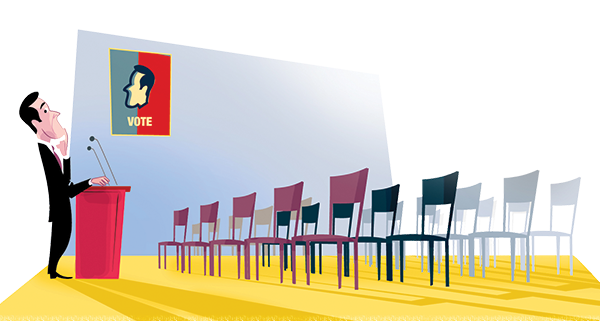
Photo Credit: FinancialTimes
For decades, the myth that “politics is a dirty game” has caused millions of Africans especially the educated and the idealistic to opt out. They don’t vote. They don’t organize. They don't hold leaders accountable. The result? A political vacuum filled by the same recycled names, faces, and failures.
Recycled Leaders, Recycled Problems
Across much of Africa, elections feel like déjà vu. The same individuals or their protégés resurface every election cycle, armed with slogans, and empty promises. In some countries we've seen leaders rule for decades.Bad Policies, Real Consequences
Political disengagement leads to policies that don’t reflect the people’s needs. They are policy outcomes designed by leaders who face no pressure to do better because the masses aren’t demanding better.Disconnect Between Government and the Grassroots
A disengaged electorate creates a ruling class that feels no obligation to connect with the people. They pass laws they don’t live under, create budgets they won’t feel, and make promises they’ll never fulfill.
Reclaiming The Game: Youth & Political Consciousness
Africa’s youth have proven that they are not silent. They are angry. They are informed. They are connected. But while political awareness is rising, involvement still lags behind.
To enforce electoral reform, young people have taken to the streets and digital spaces to demand justice. These protests are bold reminders that youth are no longer willing to sit quietly while their futures are auctioned off.
But here’s the hard truth: protesting and tweeting is not enough.
To reclaim politics, young Africans must do more than protest corruption, they must contest power.
That means:
Joining political parties (or forming new ones).
Running for office even at local levels.
Building civic platforms to educate and mobilize others.
Holding elected officials accountable beyond election season.
The system won’t change unless those who want change step into it—not just around it.
Changing The Players, Not The Field
There’s a popular sentiment among African youth that says:
“I’d rather stay out of politics—it’s all the same.”
But here's the truth: there’s nothing noble about silence in the face of injustice.
Staying out of politics doesn’t make you pure. It just makes you invisible. While you're watching from the sidelines, decisions are still being made, about your education, your taxes, your freedoms, and your future. The people who benefit from broken systems love it when young, ethical minds walk away. Because when you stay out, they stay in, unopposed.
The Field Is Not the Problem—The Players Are
Politics, in itself, is not cursed. It’s simply been occupied for too long by those who play dirty. But if we believe the system is beyond redemption, we leave it in the hands of those who broke it in the first place.
To fix the game, we don’t need to burn down the field.
We need to change the players.
Young Africans Are Already Stepping Up
Across the continent, a quiet shift is happening:
In Nigeria, activist Rinu Oduala transitioned from protest leader during #EndSARS to a voice for policy reform and civic education.
In Kenya, Boniface Mwangi, a former photojournalist and street activist, ran for parliament and founded PAWA 254, a space for artists and activists to mobilize around justice.
These individuals aren’t waiting for permission to lead, they’re showing up, organizing, contesting, and reimagining leadership.
The only way to clean a rigged game is to play it, differently.
Call To Action: Don’t Just Criticize—Participate
It’s not enough to trend hashtags, repost election memes, or rant about bad leadership at dinner tables.
If you are tired of recycled failures and performative governance, then the time has come to move from commentary to participating.
Because if we keep calling politics dirty and doing nothing about it, the cleaners will never come.

Photo Credit: The Council Of Europe
So, What Can You Do? Register to vote, Join a political party or pressure group, Educate your peers. Just make deliberate effort to participate.
Every generation reaches a crossroads. One direction leads to cynicism and comfort. The other leads to effort, engagement, and change.
The latter is harder. But it’s the only one that leaves the road better than we found it.
“If we keep calling politics dirty, the cleaners will never come.”
You are the cleaner. You are the changer.
CONCLUSION: Politics Isn’t Evil—Abandonment Is
The dirt we see in politics today is not because the system is doomed, it's because too many good people walked away and left it in the hands of those who never intended to play fair.
Politics became dirty because the wrong people stayed and the right people walked away.
We must stop treating politics like a curse and start recognizing it as a tool. A tool to heal, to build, to protect. But tools left in the hands of thieves become weapons against the very people they were meant to serve.
This generation has the numbers, the knowledge, and the power to reclaim politics not just through protests, but through participation. We must show up, not just when it’s trending, but when it’s time to vote, lead, and build.
“The only way to clean a rigged game is not by avoiding it—but by changing the rules and who gets to play. Politics isn’t the enemy. Silence is.”
Recommended Articles
Opposition Firestorm: Harry Kalaba Slams PF, Demands True Unity or Independent Path

Zambia's opposition unity is stalled by a clash between Citizens First (CF) and the Patriotic Front (PF). While CF leade...
Rivers State Political Storm: Wike Blasts Fubara in Leadership Showdown
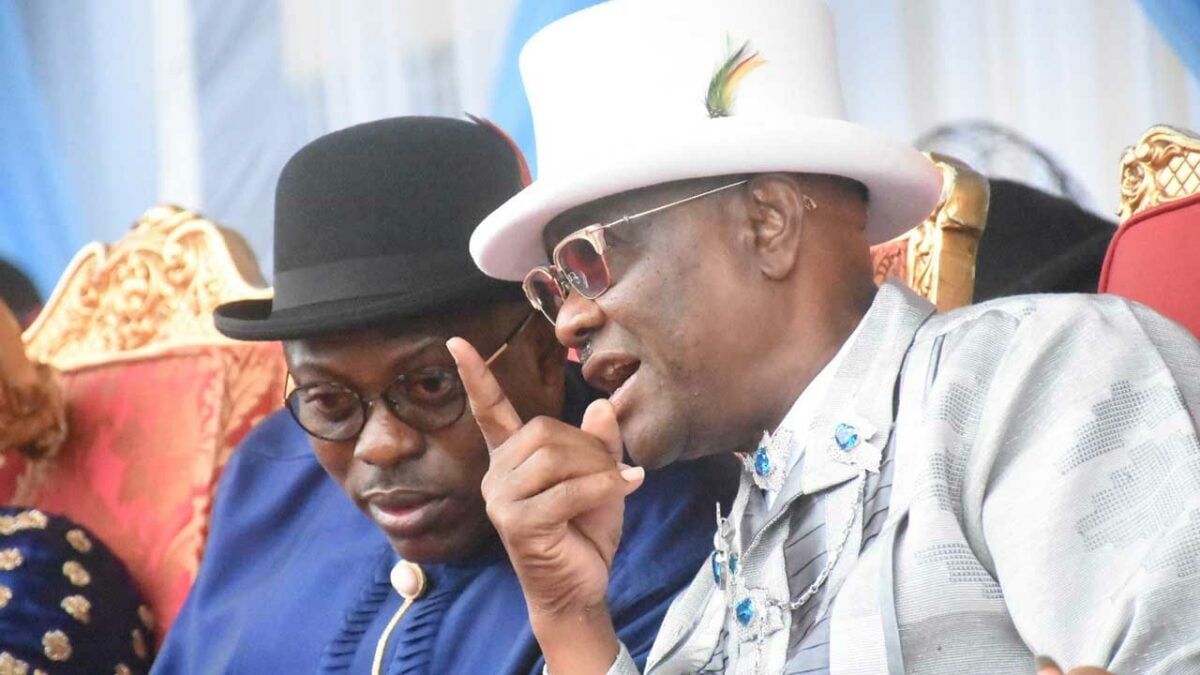
Rivers State politics is a battleground of influence as FCT Minister Nyesom Wike asserts his pivotal role in Governor Si...
Ghana Bids Emotional Farewell: Nation Honors Pioneering First Lady Nana Konadu Agyemang-Rawlings
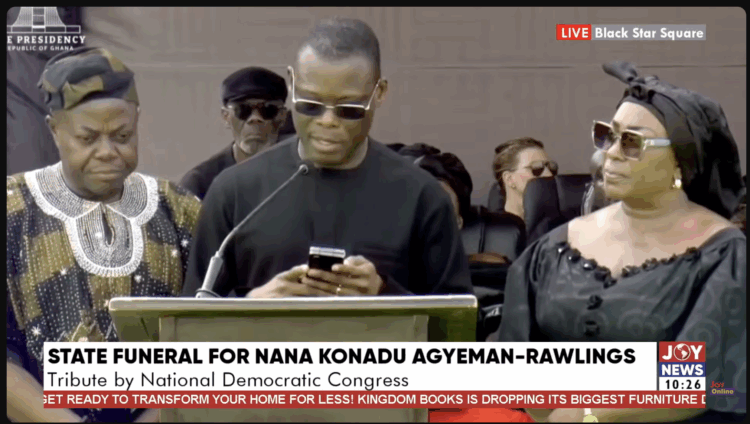
Ghana mourned its longest-serving former First Lady, Nana Konadu Agyeman-Rawlings, at a state funeral, celebrating her t...
You may also like...
Bundesliga's New Nigerian Star Shines: Ogundu's Explosive Augsburg Debut!

Nigerian players experienced a weekend of mixed results in the German Bundesliga's 23rd match day. Uchenna Ogundu enjoye...
Capello Unleashes Juventus' Secret Weapon Against Osimhen in UCL Showdown!

Juventus faces an uphill battle against Galatasaray in the UEFA Champions League Round of 16 second leg, needing to over...
Berlinale Shocker: 'Yellow Letters' Takes Golden Bear, 'AnyMart' Director Debuts!

The Berlin Film Festival honored
Shocking Trend: Sudan's 'Lion Cubs' – Child Soldiers Going Viral on TikTok

A joint investigation reveals that child soldiers, dubbed 'lion cubs,' have become viral sensations on TikTok and other ...
Gregory Maqoma's 'Genesis': A Powerful Artistic Call for Healing in South Africa

Gregory Maqoma's new dance-opera, "Genesis: The Beginning and End of Time," has premiered in Cape Town, offering a capti...
Massive Rivian 2026.03 Update Boosts R1 Performance and Utility!

Rivian's latest software update, 2026.03, brings substantial enhancements to its R1S SUV and R1T pickup, broadening perf...
Bitcoin's Dire 29% Drop: VanEck Signals Seller Exhaustion Amid Market Carnage!

Bitcoin has suffered a sharp 29% price drop, but a VanEck report suggests seller exhaustion and a potential market botto...
Crypto Titans Shake-Up: Ripple & Deutsche Bank Partner, XRP Dips, CZ's UAE Bitcoin Mining Role Revealed!

Deutsche Bank is set to adopt Ripple's technology for faster, cheaper cross-border payments, marking a significant insti...
